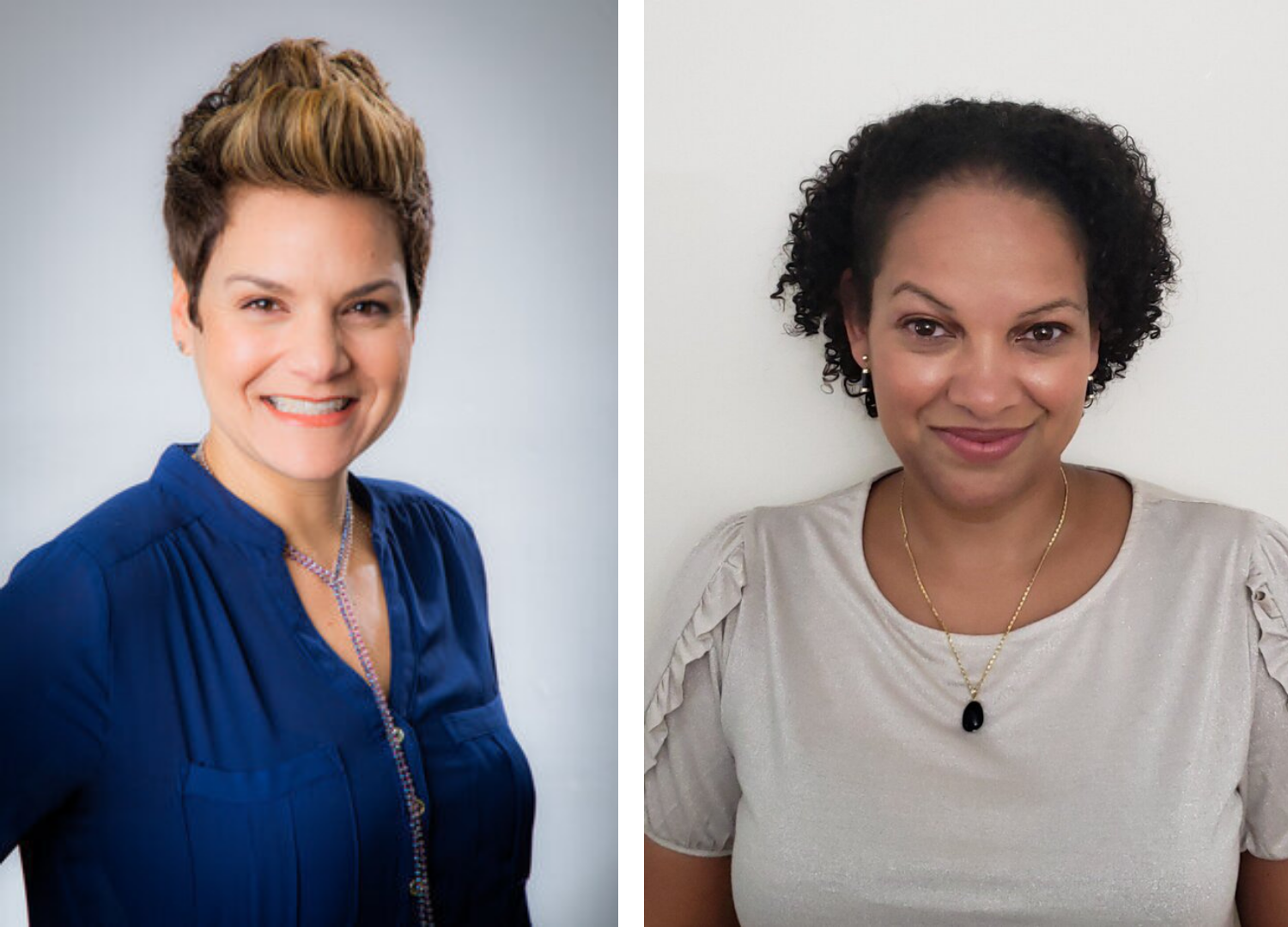Emotional Abuse: Are Your Relationships Healthy?
Are your relationships healthy? Here’s a little litmus test—
Do you treat people with respect and invite them to relate with you by choice?
Do you seek to be a positive influence in others' lives?
OR
Do you obligate people to be in relationship with you through indebtedness?
Do you pressure others to do what you want by manipulating them?
When we use the word “abuse” or “abuser”, we conjure up images of monster-like people, but all of us are, at times, tempted to get our way through emotional manipulation. I use the word tempted, because it is actually very tempting and easy to use emotionally abusive tactics to achieve our own agenda. For example, have you ever tried to get someone to do something by making them feel guilty, small or stupid or threatening to abandon them if they didn’t comply? If yes, then you have been emotionally abusive! These tactics can work well to get people to do what we want, and for the moment, this may also make us feel powerful. In the long run, though, we lose both power and relationships, because people don't enjoy staying with someone who makes them feel bad.
Although we all manipulate on occasion, some people have a pattern in their relationships of controlling others through negative reinforcement. They belittle others, make them afraid of negative consequences, confuse them, or make them feel guilty or ashamed. Emotionally abusiverelationships are most often between partners, or by a parent to a child, but they can also be between friends, peers, in work relationships or in other family relationships, including an older child to parent. It can also happen in a relationship in which a spiritual leader manipulates religious teachings to get his/her way. This is called spiritual abuse.
Physical abuse is manipulation through fear; verbal abuse is manipulation through repeated verbal tactics affecting emotions. The intent of both is to control someone or have power over them for the benefit of the abuser. According to Patricia Evans, author of the very good book The Verbally Abusive Relationship, “verbal abuse includes withholding, bullying, defaming, defining, trivializing, harassing, diverting, interrogating, accusing, blaming, blocking, countering, lying, berating, taunting, put downs, abuse disguised as a joke, discounting, threatening, name-calling, yelling and raging.”
If you are wondering if you are a victim of emotional abuse by someone, ask yourself how you feel when you are relating to the person. If the answer is that you usually feel fear (you walk on egg shells), shame, guilt, confusion, or diminished, then you might be in this type of unhealthy relationship. If so, seek help through the resources listed below or through Wellspring.
If you think that you might have a habit of using these tactics on others to get your way, then you also could benefit from help. Likely, you learned these tactics in your childhood and may need to address your own hurts in addition to learning new healthy ways of loving and being loved (Ephesians 4:32).
Resources:
A good article listing common forms of verbal abuse.
The National Domestic Violence Hotline, which offers information and help.
Good books about Spiritual Abuse and Verbal Abuse.
This week's episode:
Part 2 of the conversation continued with Verbal, Emotional, and Spiritual Abuse with Tova Kreps, LCSW, Nicole Alfonso, LMHC, and Kaara Kiddoe, RSWI.


